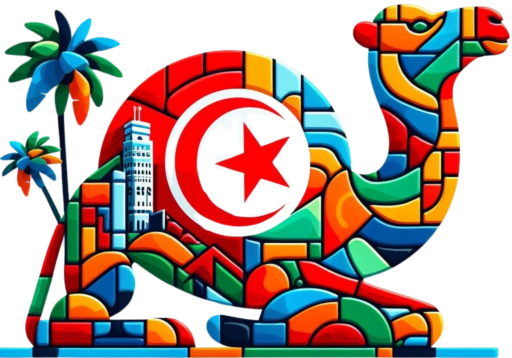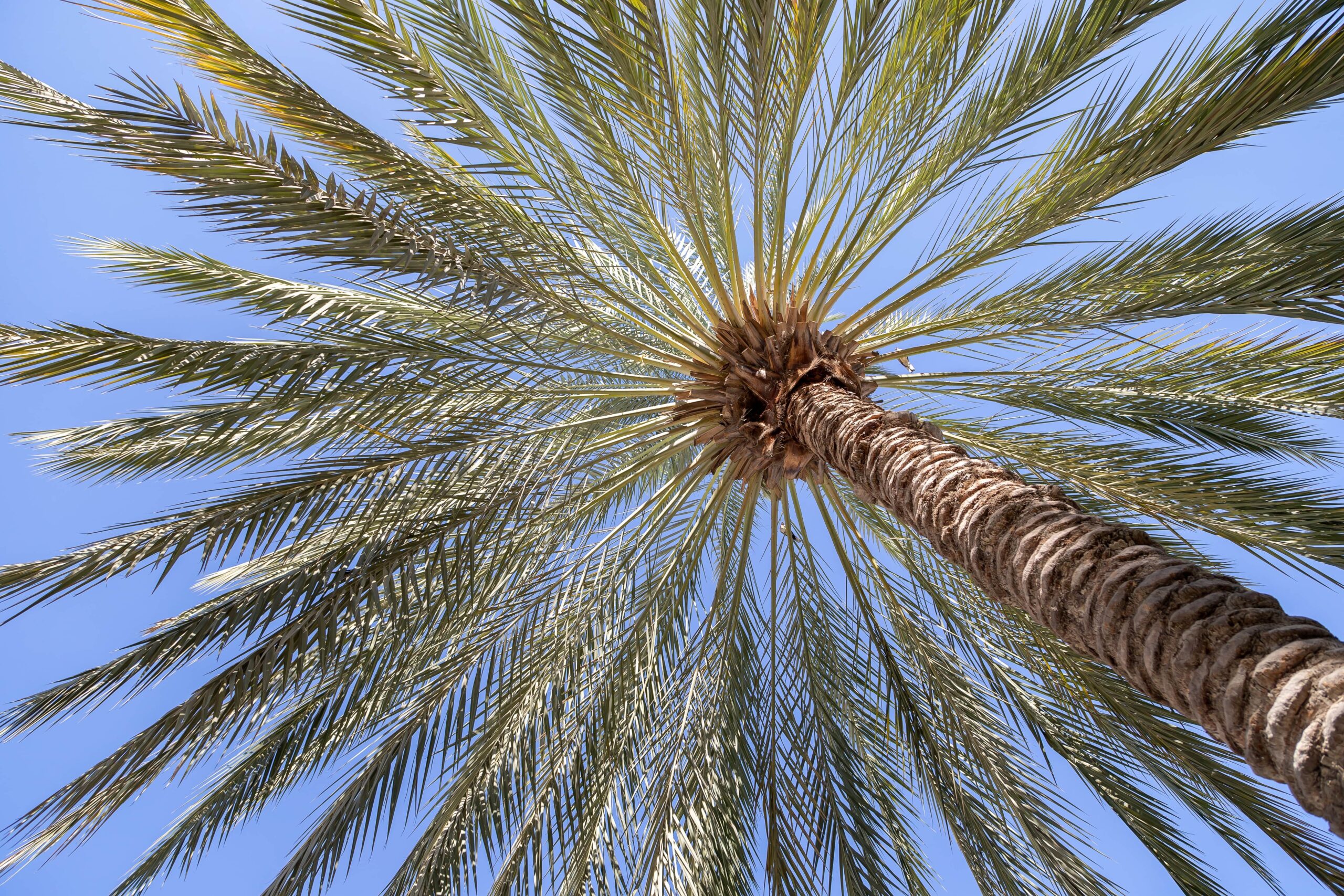The date palm is officially a UNESCO World Heritage Site. The decision was taken by the Unesco World Heritage Committee, meeting in Bogota in Colombia, unanimously ratified the inscription of the knowledge, skills, traditions and practices associated with the date palm in the List of Intangible Cultural Heritage of Humanity of Unesco.
The World Heritage recognition was associated with fourteen Arab countries: Bahrain, Egypt, Iraq, Jordan, Kuwait, Mauritania, Morocco, Oman, Palestine, Saudi Arabia, Sudan, Tunisia, United Arab Emirates and Yemen.
Date palm: a symbol of history and culture for Arab countries
The date palm has been associated, for a long time, with the inhabitants of the proposed nations, primarily serving as a support for multiple uses, multiple activities, social and cultural traditions, and also as a nutritional source. All this can be read directly on the Unesco website.
The date palm, in technical term Phoenix dactylifera, is a plant that belongs to the Arecaceae family. The evergreen shrub is typically associated with dry climates and located in desert places, where the roots sink into the earth to seek moisture.
The workers involved include: the farmers who govern in full by planting, feeding and irrigating these plants, the owners of the companies, the gatherers, the truck drivers, the artisans who create traditional products using some portions of the plant, the sellers of dates, the creatives and the interpreters of folk tales and poems.
The date palm and related exercises have developed a fundamental part in strengthening the union between the peoples and the world in the Arab region, favoring comparisons with the desert environment. This is what we summarize from the UNESCO document. This memorable connection between the date palm and the people concerned has generated a huge cultural heritage of connected activities between individuals, experiences and skills preserved to this day.
Among the nations involved is Tunisia, with which the Italian embassy has congratulated. Just in these days the Italian ambassador Lorenzo Fanara, together with a commission of the Italian Cooperation, is interested in an institutional assignment in the southern part of Tunisia to help “the Tunisian oases, fight desertification and promote growth”, as well as reinforce the administrative decentralization, new investments and tourism for sustainable development.





